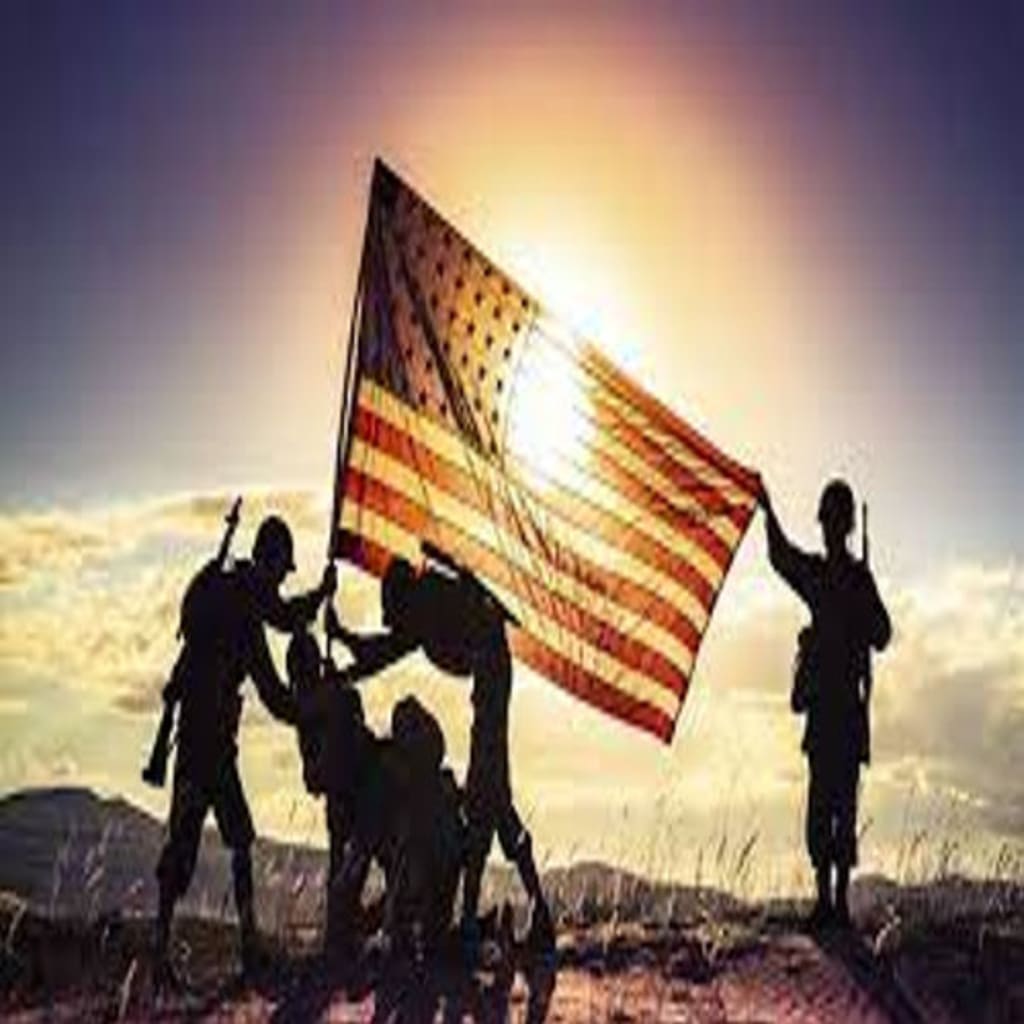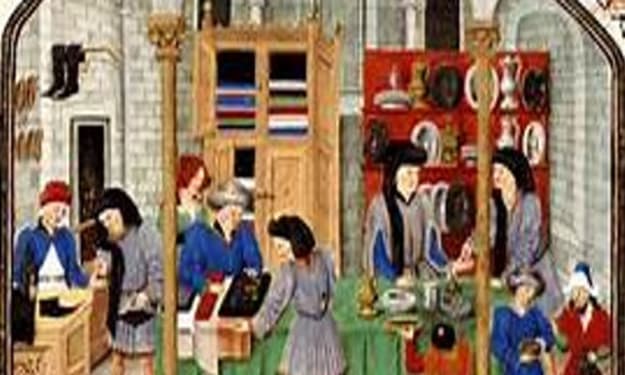
The modern United States stands as the most powerful nation in human history. With a network of over 800 military bases and accounting for 37% of global military spending, the United States has emerged as the leader of a vast interconnected global system that has ushered in an era of unprecedented prosperity and relatively low levels of conflict. To fully comprehend America's current global dominance and why it plays such a pivotal role in world politics, one must delve into the country's historical roots when it was far from being a global powerhouse.
The United States, during its first 70 years of existence, embarked on a journey of territorial expansion and influence within North America, ultimately reaching the Pacific Ocean. This expansionism, however, came at the expense of the indigenous populations who inhabited the continent, leading to significant conflicts and loss of life. Yet, early Americans were deeply divided regarding whether the country should extend its influence beyond the Atlantic and Pacific oceans. This debate intensified after the Civil War when leaders like Secretary of State William Seward advocated for American global power.
Seward managed to implement a plan to purchase Alaska from Russia, but his efforts to acquire Greenland, Iceland, and annex Caribbean territories faced staunch opposition in Congress. A significant portion of Americans held anti-imperialist views, fearing the country's increased involvement in global politics and the integration of populations they considered "inferior." This anti-imperialist sentiment acted as a critical check on the expansionist desires of the time.
However, a transformation was underway in the late 1800s that would alter the dynamics of the American expansionism debate. The Industrial Revolution brought explosive economic growth, necessitating a more centralized state and bureaucracy to manage the burgeoning economy. This shift centralized power in the federal government, making it easier for expansionist presidents like William McKinley to assert American influence abroad.
The pivotal moment arrived in 1898 when President McKinley led the United States into war with Spain over the island of Cuba, despite strong opposition. The U.S. emerged victorious and acquired Puerto Rico, Guam, and the Philippines. Over the subsequent years, the U.S. annexed the Kingdom of Hawaii, Wake Island, American Samoa, took control of the Panama Canal Zone, sent troops to occupy the Dominican Republic, and purchased the American Virgin Islands. This rapid acquisition of distant territories firmly established the United States as a global power.
During this period, the U.S. began using its newfound influence to safeguard its expanding commercial and military interests abroad. It played a significant role in international diplomacy concerning the Western presence in China and supported pro-American regimes in countries like Nicaragua. World War I further demonstrated America's growing influence, with President Wilson attending the Paris Peace Conference and championing the League of Nations—an international organization aimed at promoting global peace and cooperation.
Nevertheless, isolationism remained a potent force within the United States. Congress rejected U.S. membership in the League of Nations, thwarting Wilson's ambitious vision. The Great Depression and the rise of Hitler focused U.S. attention primarily on its own region, but America's expanding global involvements made complete disengagement from world affairs impossible.
In East Asia, the growing Japanese empire posed a direct threat to American interests, leading to conflict and the infamous attack on Pearl Harbor, which thrust the United States into World War II. World War II would prove transformative for America's global role. The U.S. avoided economic ruin during the war and possessed atomic weapons, giving it a unique position to shape the post-war world.
The creation of the United Nations stands as a landmark achievement of this era. The UN charter established international law prohibiting wars of conquest and provided a platform for global dispute resolution. It reflected America's aspiration to resolve conflicts through compromise and law rather than warfare. Simultaneously, the Bretton Woods Agreement, formed by delegates from 44 Allied nations, laid the foundation for the global financial system, resulting in institutions like the World Bank and the International Monetary Fund.
However, the end of World War II also marked the beginning of the Cold War, as the United States and the Soviet Union emerged as superpowers with competing ideologies. The U.S. viewed Soviet expansion as a direct threat to its vision of a free-trading world and established the North Atlantic Treaty Organization (NATO) and a containment strategy to thwart communism's spread.
This global struggle compelled the U.S. to exert influence worldwide, forming unlikely alliances and intervening in numerous countries to counter Soviet influence. The Cold War era witnessed American involvement in hundreds of disputes, resulting in complex alliances and relationships across the globe.
Following the collapse of the Berlin Wall, the U.S. had the opportunity to withdraw from this global system, dismantle its alliances, and reduce its military size. However, this did not happen. Presidents George H.W. Bush and Bill Clinton believed it was in America's and the world's interests to continue actively managing global affairs. NATO remained intact, and Washington's support for nations like Israel and Japan persisted, maintaining stability in their respective regions.
Today, this system of alliances and institutions established during the Cold War remains in operation, with American military and political commitments enduring. However, a notable shift occurred with the presidency of Donald Trump. While his stance on these commitments was inconsistent, he consistently raised questions about the financial burden of American protection for its allies and the value of free trade agreements, casting doubt on the future of organizations like NATO and the World Trade Organization.
The world is left wondering if President Trump's actions align with candidate Trump's ideas and if they signal a reversal of decades of institution building and alliances. The answers to these questions will undoubtedly shape the future of American foreign policy and its role in global affairs.
In conclusion, the modern United States, with its global dominance, has evolved through a complex historical journey. From its early debates on expansionism to its emergence as a global power after World War II, the U.S. has consistently played a pivotal role in shaping international politics. While challenges and debates persist, the enduring legacy of American foreign policy continues to influence the world in profound ways.
About the Creator
Enjoyed the story? Support the Creator.
Subscribe for free to receive all their stories in your feed. You could also pledge your support or give them a one-off tip, letting them know you appreciate their work.





Comments
There are no comments for this story
Be the first to respond and start the conversation.